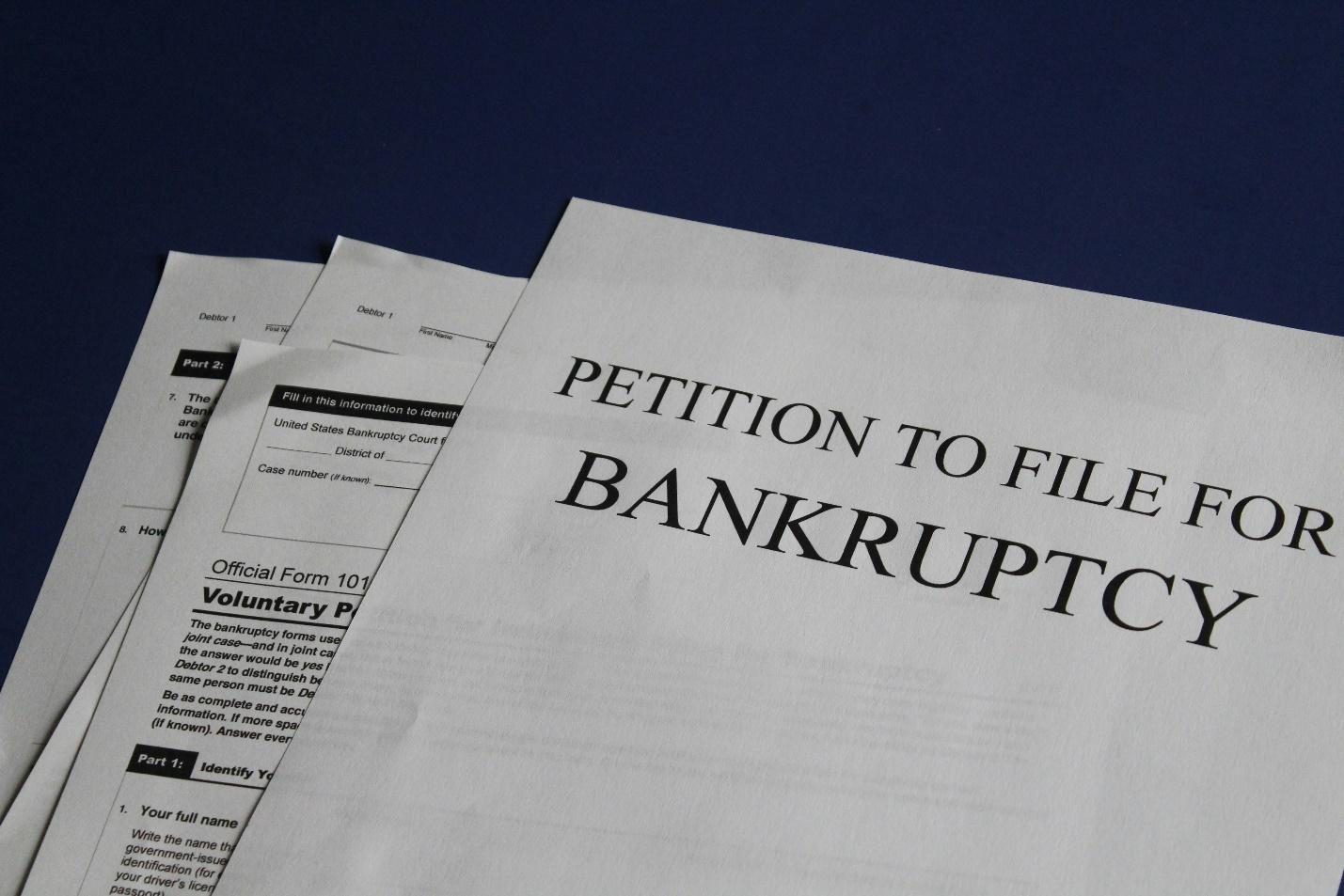Picture this: you wake up one morning, step outside, and your car is gone. Your heart sinks as you realize it’s been repossessed due to missed payments. The stress, the inconvenience, and the financial turmoil that follow can be overwhelming.
But fear not because, in this blog, we’ll delve into the impact of vehicle repossession and provide you with valuable tips to avoid and effectively handle such situations.
If you’re facing the threat of repossession, it’s time to take action! Get in touch with an experienced repossession lawyer in Corpus Christi and regain control of your financial situation.
The Domino Effect of Repossession
Vehicle repossession isn’t just about losing a means of transportation; its effects ripple through your life. The immediate impact includes a sudden disruption in your daily routine, making commuting a challenge. This can lead to tardiness at work, affecting your job performance and potentially risking your employment.
Moreover, repossession negatively impacts your credit score, making it harder to secure loans or favorable interest rates in the future. The emotional toll can’t be ignored either, as the feeling of losing an essential asset can lead to stress, anxiety, and even depression.
Avoiding Repossession
The best way to handle repossession is to prevent it altogether. Here are some steps to take:
1. Budget Wisely
Create a realistic budget that includes all your expenses and stick to it. Allocate funds for loan payments and other financial obligations.
2. Communicate with Lenders

If you foresee financial difficulties, don’t hesitate to reach out to your lender. They might be willing to work out a temporary payment plan or offer alternatives.
3. Explore Refinancing
If you’re struggling with high-interest rates, consider refinancing your loan to lower your monthly payments.
4. Prioritize Payments
Make your loan payments a top priority. Even if you’re facing multiple debts, focus on keeping your vehicle loan up to date.
5. Handling Repossession
If you’re already facing the threat of repossession, there are steps you can take to minimize the damage:
a. Know Your Rights
Understand the laws in your state regarding repossession. Repossession can only occur under specific conditions, and knowing your rights can help you navigate the situation more effectively.
b. File For Bankruptcy Relief in TX
If you are in Texas, seeking advice from a reputable debt relief law firm in Corpus Christi can provide you with legal insights to protect your rights and explore possible solutions.
c. Stop Debt Collection Harassment
You have the right to be treated fairly. If you’re facing constant harassment from debt collectors, take action to halt such practices. Your attorney can guide you through the process.
d. Consider Bankruptcy Relief

In extreme cases, filing for bankruptcy relief in Texas might be an option. It can provide you with a fresh start and halt the repossession process.
The impact of vehicle repossession goes beyond the loss of a car — it affects your finances, your credit, and your overall well-being. To avoid or handle repossession effectively, proactive steps are crucial. Budgeting, communicating with lenders, and seeking legal advice can go a long way in preventing repossession.
If repossession becomes imminent, knowing your rights, seeking legal assistance, and considering options like bankruptcy can help you navigate the challenging times.
Don’t Let The Threat Of Repossession Overwhelm You!
Take charge of your financial situation today! If you’re in Texas, reach out to Joel Gonzalez, a trusted repossession lawyer in Corpus Christi, for guidance. Remember, you have the power to regain control and pave the way toward a more stable future.
Disclaimer: This article is only intended for educational purposes and shouldn’t be used as a substitute for legal advice.







